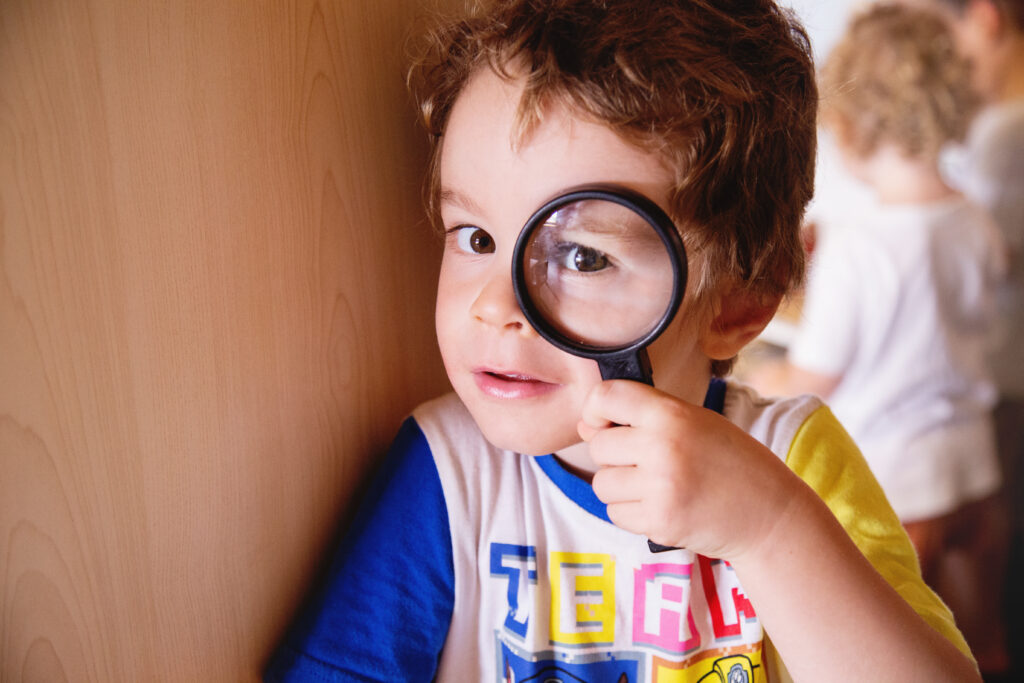
How Educators use Data to Inform Program & Practice
Simply put, data is a collection of information that is used to make informed decisions. In the Early Experiences age groups, educators use both data and teaching strategies like the Abecedarian 3A to ensure the Lifelong Learning program and educator practices are centered on children’s interest and developmental milestones. Although there are many ways data is collected, we will focus on the use of Progress Records.
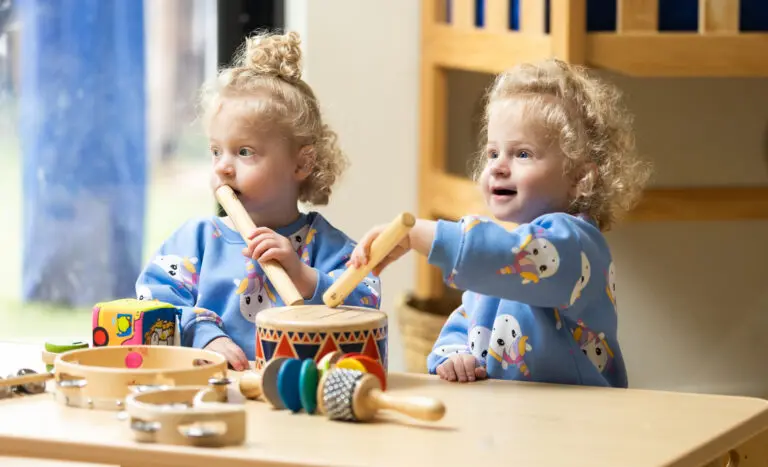
Using Research To Meet Your Child’s Developmental Needs
The use of data is a crucial part of early childhood education. Most educators rely on data provided through research surveys, conversations with families and children or ongoing observations of children to support children’s development effectively. The data educators receive from these three avenues is documented and used in planning for the best outcomes for children’s learning. At an Early Experience age, children are developing in relation to independence, mastery of language and social skills, and competency in lifelong skills.
Continue reading to find out how these forms of data are used in our Lifelong Learning Centres to promote children between the ages of 1 and 3.
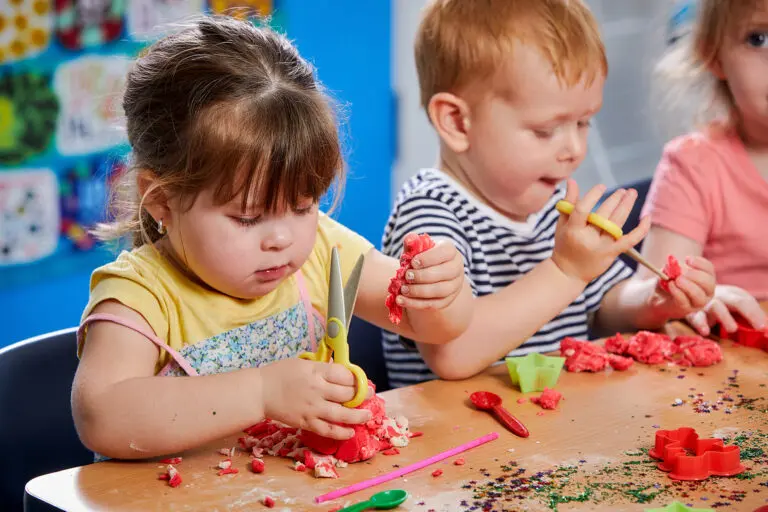
How We Transition Your Child To A New Room
Transitions can be challenging for some children, so we have developed a process that ensures your child transitions smoothly into their next classroom.
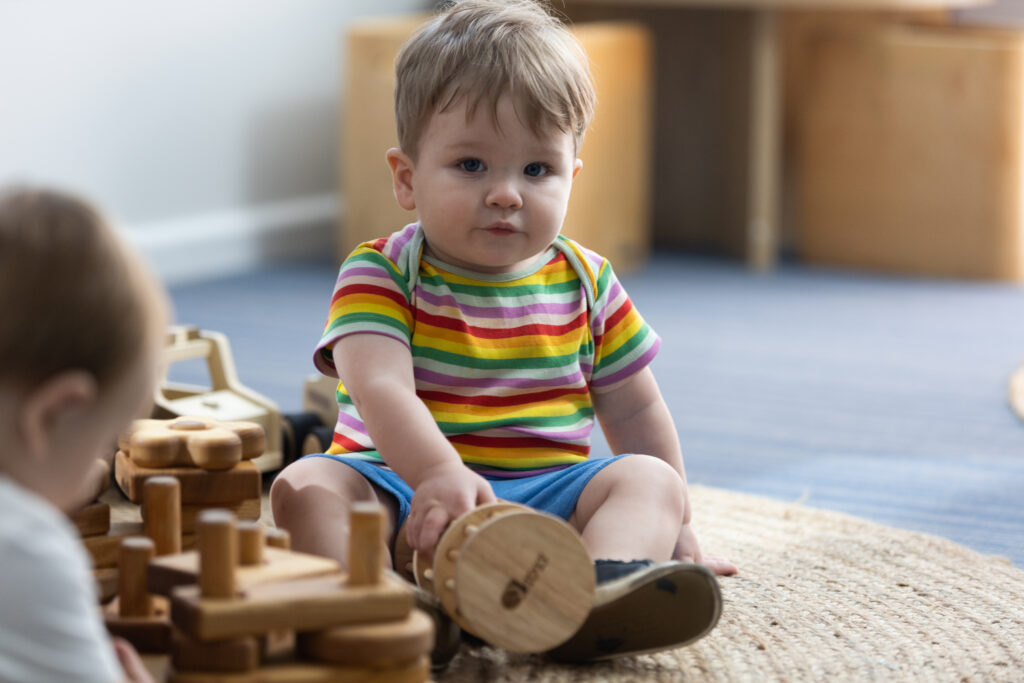
Attending Early Education During the Holidays
Are you juggling gift shopping, decorating, work obligations and keeping your child entertained over the festive season? Learning doesn’t stop at Lifelong Learning Centres; in fact the festive season offers fantastic learning opportunities for our Early Experience Children!
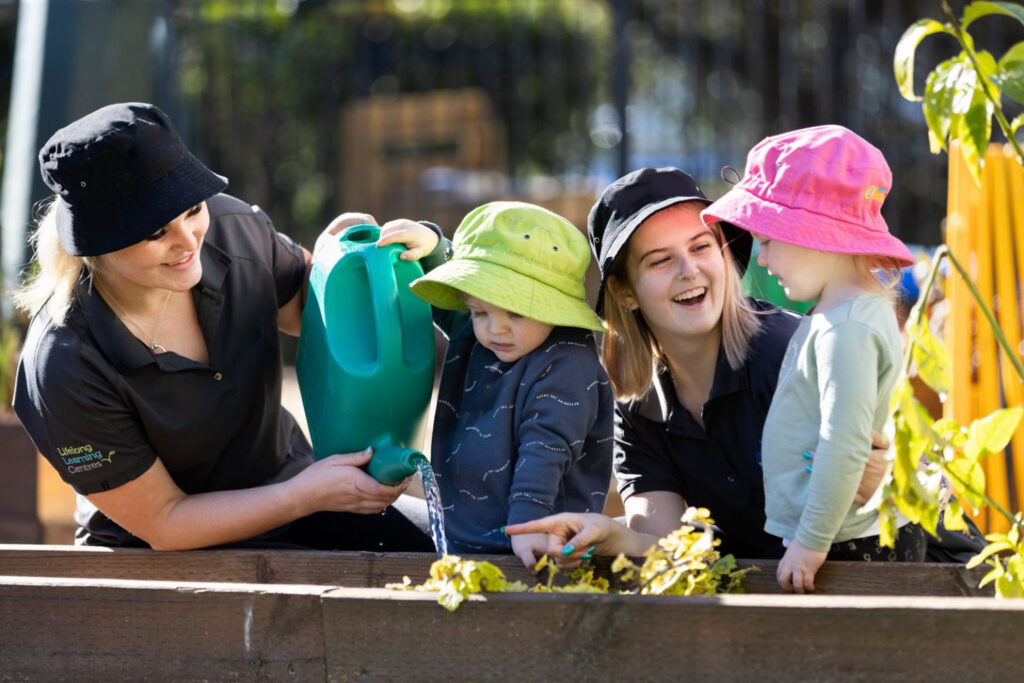
The importance of using the Abecedarian approach to improve toddlers’ language skills
Did you know that 1 in 4 preschoolers have developmental delays? This month we uncover proven strategies within the Lifelong Learning Curriculum that promote language, social and emotional development.
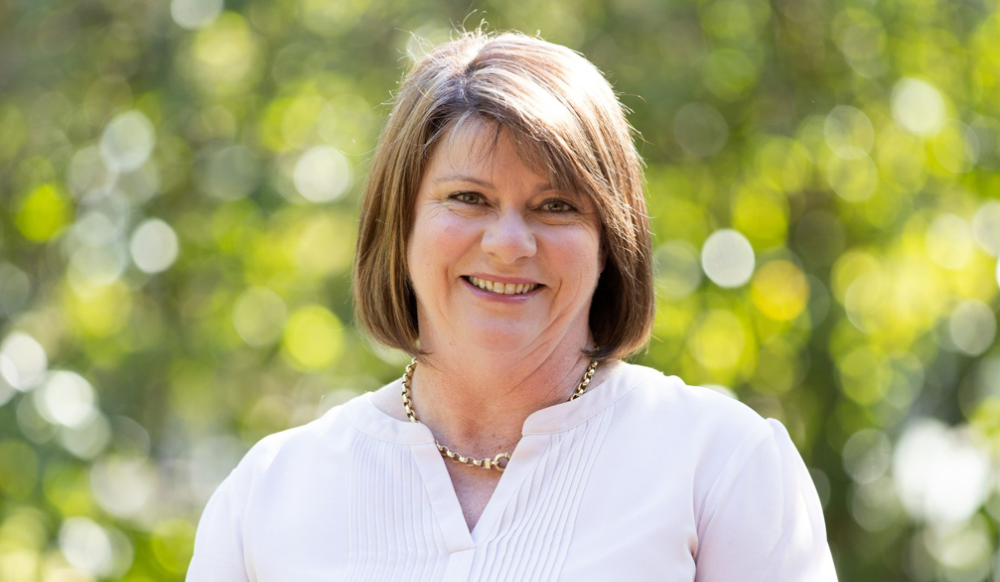
The importance of friendships and relationships in childcare
We all know that, in general, having friends is an important aspect of life and one that provides us with some of our most cherished experiences throughout life.
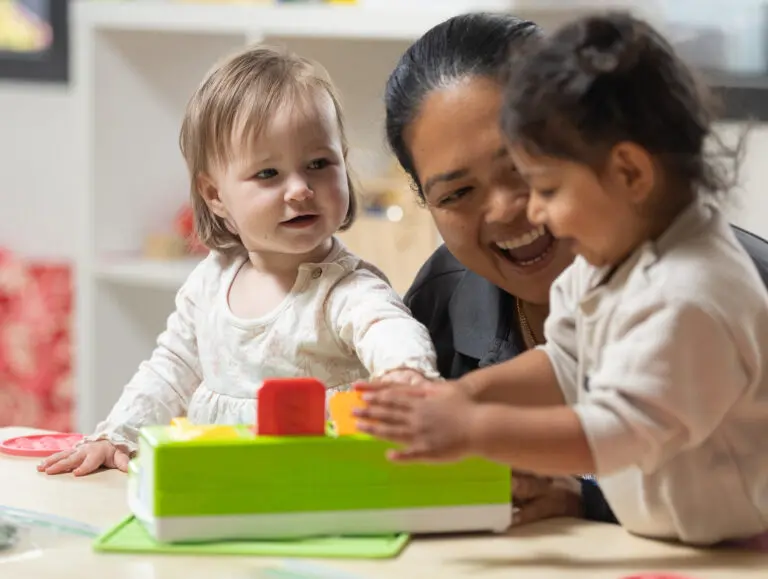
Guiding your Toddlers future behaviours and relationships
When children reach the Toddler stage, their confidence blooms as they know you are there to catch them if they fall.
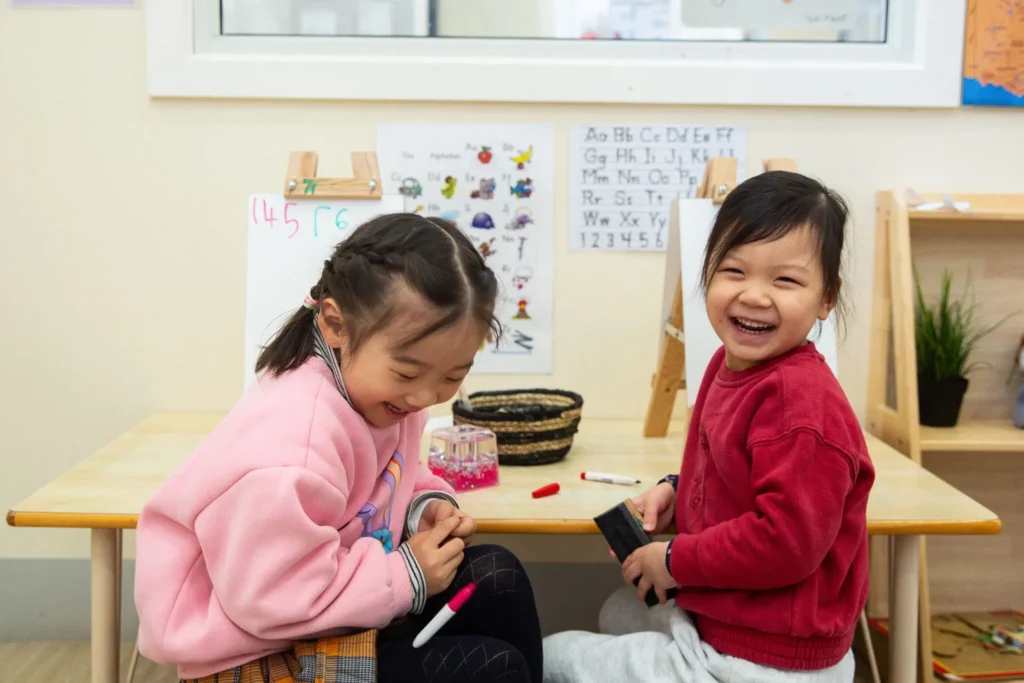
Why friendships before ‘Big School’ are so important
Research continues to highlight the importance of the first five years of a child’s life as the most critical period in the life span for brain development (Fox & Geddes, 2016).
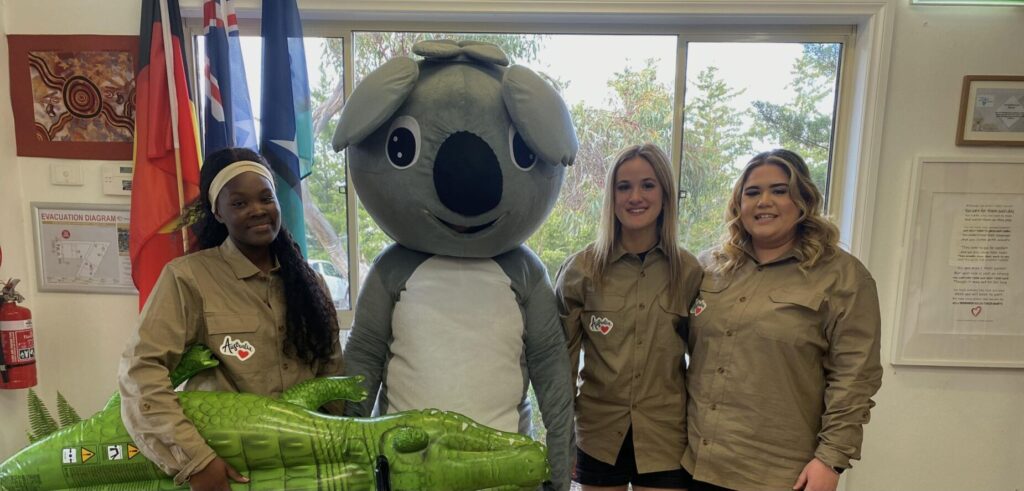
Aussie Wildlife Champions Dress Up and Donate Success
A part of this fundraiser was a Dress Up and Donate Day on the 21st of September where the centre teams and their children were encouraged to dress up as their favourite Australian animal, as a farmer, swagman or to bring in their Australian wildlife soft toy.
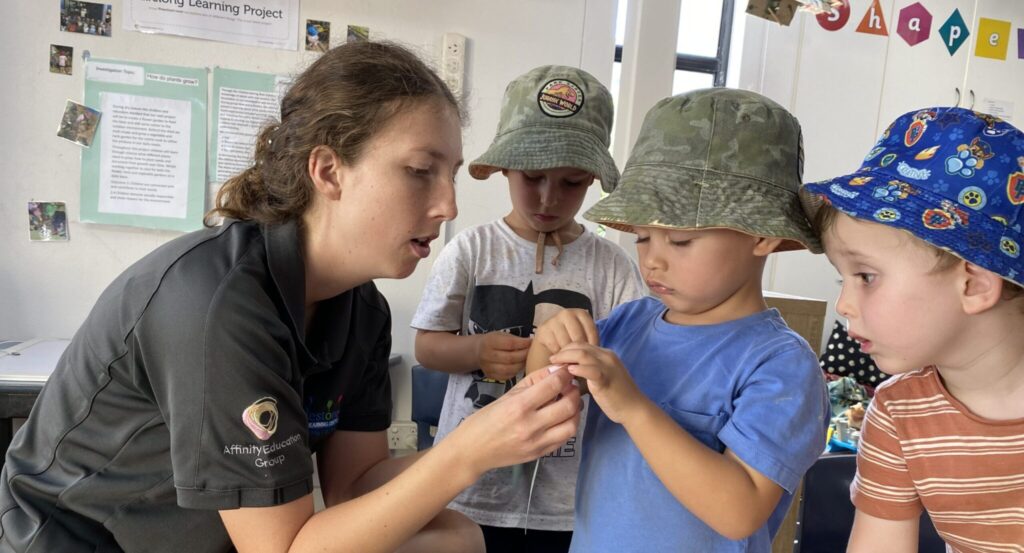
How my Educators get me School Ready
Early Childhood Education has proven to play a major role in a child’s transition to school, and here at Papilio, we have passionate Educators and Early Childhood Teachers who deliver a range of programs to extend children’s curiosity, growth, and independence. This article will explore a typical day in our preschool/Kindergarten rooms.